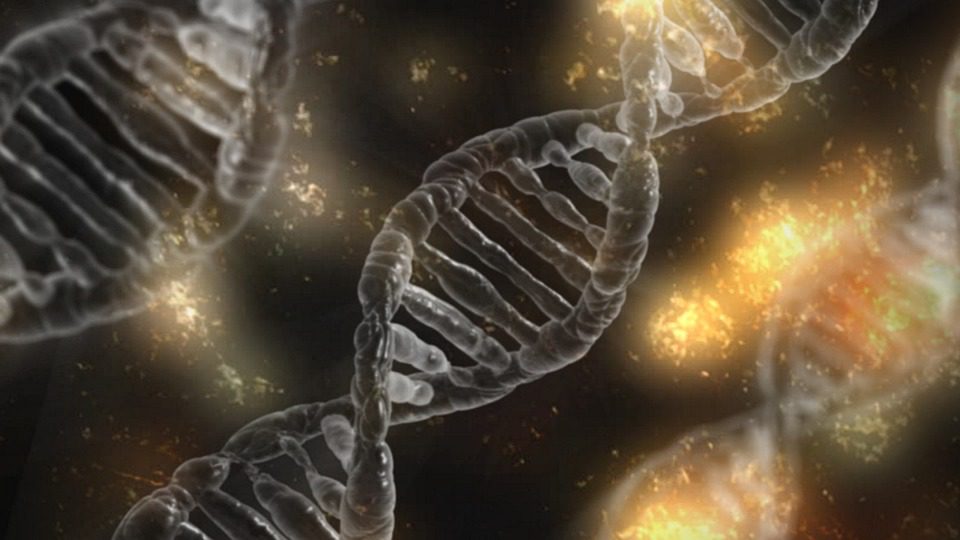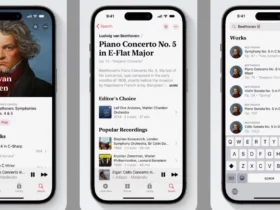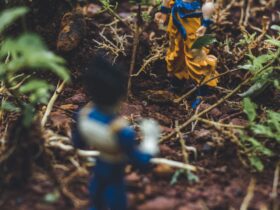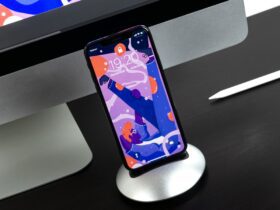Scientists at have determined that the absolute maximum lifespan of an individual is somewhere between 100 to 150 years old. Researchers arrived at this result by evaluating 70,000 volunteers up to the age of 85, who were evaluated for their capacity to combat illness, risk of cardiovascular disease, and cognitive deficits, among other characteristics.
Although no individual showed the physiological resilience to survive beyond the age of 150, the research was constrained by the scientific context of the time.
An individual cell may split itself around fifty times prior to actually losing its capacity to reproduce. Because increasingly more cells grow useless and die, the hallmarks of aging begin to manifest themselves in the form of greying hair, brittle skeletons, and visual impairment. There is some speculation that this phenomenon may be able to be halted or undone. If DNA is analogous to electronic data stored on a hard disc, then the aging process is caused by scratching on the disk drive. We’re on the lookout for some sheen.
Old rodents had their eyesight fixed by experts focusing on anti-aging technology, according to the results of a trial. The mice were injected with a solution genomic sequences that had an effect on the DNA of the tissues in the eye, according to the researchers. The findings of this research reveal that it is feasible to securely cure the aging of biological systems like the retina & reinstate its young natural activity in a stable and controlled manner.
So what does the future hold? The potential is vast, but we’re still uncovering the secrets of the human genome. As advances are made to unravel the mysteries of aging, it’s certain that genetic engineering will become more prominent in our day-to-day lives. DNA editing may also become a reality in the future, with far-reaching implications for ourselves and our environment.















Leave a Reply